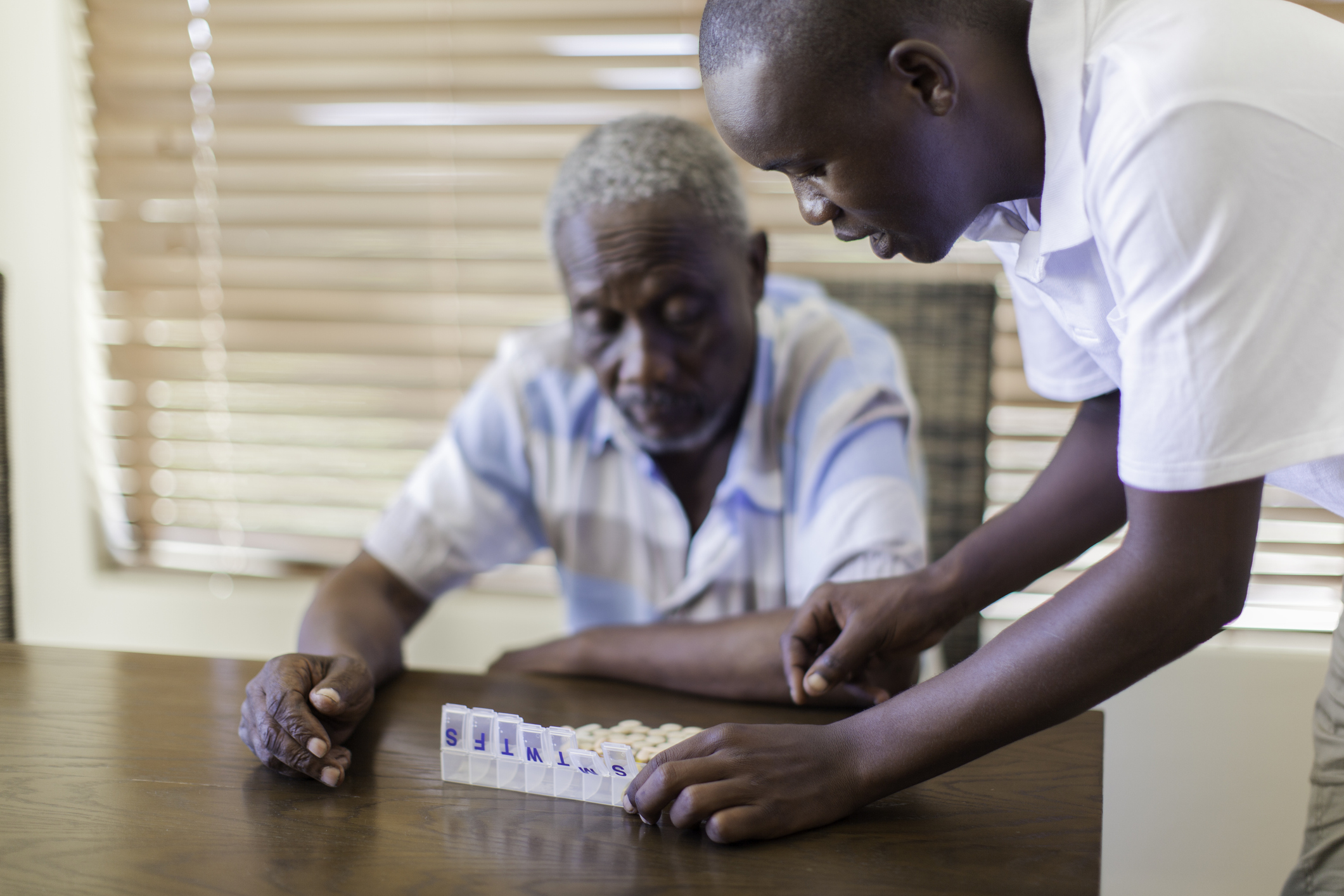Being a caregiver is a huge responsibility – whether you’re a parent, spouse, or sibling, being fully responsible for the well-being of someone else can be a full-time job. When you also need to juggle work or raising children as well, it is no wonder that the caregiver’s needs are often what gets neglected. Studies have shown that no matter the age, sex, race, or ethnicity of the caregiver, all are more likely to be sleep-deprived, unable to exercise regularly, and have poor eating habits. They are also less likely to keep up with doctor’s appointments for themselves or allow themselves to rest when they get sick.
While it can seem overwhelming to try to care for another person and yourself, it’s important to take responsibility for your own well-being. Identifying personal barriers, such as negative self-talk, trouble asking for what you need, or feeling like you have to prove that you are worthy of the care recipient’s affection, are the first step. Once you identify things that might be getting in the way of you taking care of yourself, there are several tools that can help you prioritize your health.
Read the full article on the Family Caregiver Alliance’s website for all of the tools and to learn more about self-care for caregivers: https://www.caregiver.org/resource/taking-care-you-self-care-family-caregivers/




